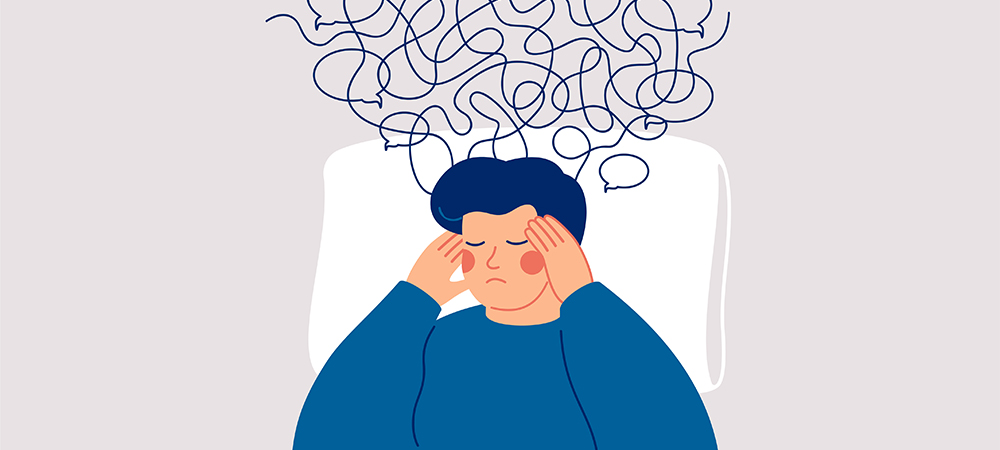Aculys Pharma, a company focused on the development and commercialisation of new innovative drugs in the fields of neurology and psychiatry, and Four H, a Japan-based company specialising in health technology, have announced an exploratory research collaboration using wearable devices to help patients with narcolepsy and excessive daytime sleepiness (EDS) associated with obstructive sleep apnea syndrome (OSAS).
In its quest to establish a new pharmaceutical model, Aculys is promoting DX (Digital Transformation) in clinical trials and medicine. In this collaborative exploratory study to be launched with Four H, Aculys will collect trial participants’ subjective assessments of their sleep as well as data on their sleep, activities and heart rate acquired from wearable devices to be worn each night during the clinical trial period. The data will be analysed in conjunction with other data to be obtained in the clinical trial to identify sleep-related digital biomarkers.
This exploratory research programme will be characterised by the following three points:
- Objective understanding of narcolepsy, OSAS and its characteristics (sleep condition, daytime sleepiness, etc.)
- Analysis using AI and other methods to collate the subjective assessment by patients and objective assessment obtained by the wearable device.
- Development of appropriate and reliable digital biomarkers for future clinical trials and clinical settings.
Through the above approach, the following outcomes are expected: objective understanding of patients’ sleep status, analysis of daytime sleepiness patterns, extraction of sleep characteristics and daytime activity data through comparison with people without symptoms and detection of predictive signs of the onset of daytime sleepiness.
Sleep disorders are difficult to identify and largely rely on the memory and self-reporting of patients themselves, causing a range of challenges in diagnoses and appropriate treatment.
This exploratory research will allow a further accurate understanding of each patient’s sleep and lifestyle patterns, which had been difficult to measure previously.
Sleep disorders in Japan
The impact of sleep-related disorders on Japanese society is enormous. Research shows that presenteeism (decreased productivity at work due to health issues) and absenteeism (absence or sick leave due to health issues) are causing an economic loss of about 3% of Japanese GDP, equivalent to about ¥15 trillion. Japanese people also sleep less than people in other countries due to a lack of understanding about the importance of sleep.
Sleep disorders are also factors that interfere with proper sleep and daytime sleepiness. It has been reported that delays in appropriate medical intervention for sleep disorders and complications associated with sleep disorders increase overall costs to society including medical care expenditure. To improve the patient’s quality of life, prognosis, productivity and other factors, it is necessary to detect sleep disorders accurately and provide appropriate medical care at an early stage.
Click below to share this article

